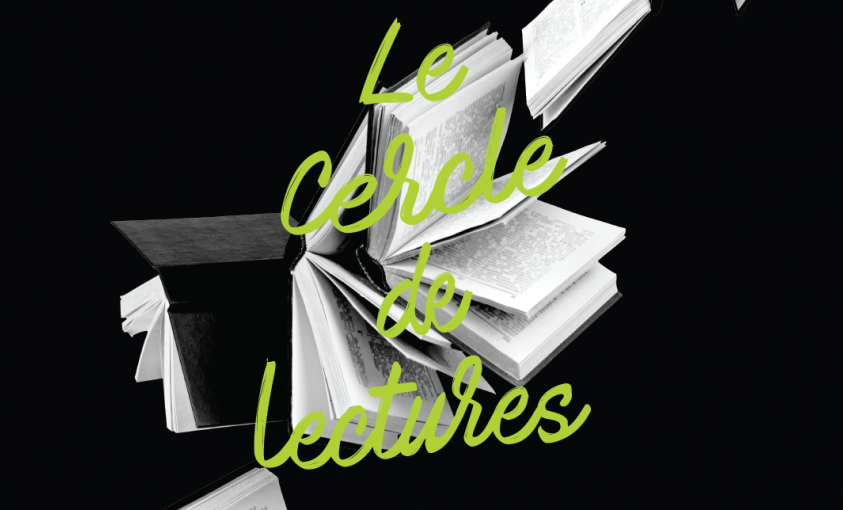This website is not optimized for Miscrosoft Internet Explorer and Miscrosoft Edge !
Literature
Cercle de Lectures - Qui témoigne pour le témoin?
In black and white. Clichés of all kinds
Beginning in October 2020, Corina Ciocârlie and the Cercle Cité introduce a new cycle of encounters devoted to the phenomenon of migration as seen by writers and photographers.
Among the players of the shipwreck, there is one who is neither a victim (like the migrant), nor to blame for the tragic turn of events. Neither attacker (like sea pirates), nor Cerberus (like the coast guards), nor deceptive adjunct (like the smuggler), nor purveyor of false promises (like the rich American uncle). He is scarcely a protagonist in the play, and yet he plays an essential role: without him the catastrophe would not have existed, because there would be no one to tell the tale. This key character is the witness.
Just as Christ did not write the gospels, but presented himself through four witnesses, migrants have no voice, but for every Odyssey and shipwreck, every Ulysses and Robinson Crusoe, there is also – as if by pure chance – someone who happens to be there, in the right place at the right time, to tell the tale of the events. Among other things, literature exists to present this witnessing, which Antonio Tabucchi used as the subject of his novel Tristano Dies: the voice of Tristano, the dying hero, is recorded on his deathbed by a scribe – a sort of latter-day evangelist – who will find the means to pass on his personal version of the protagonist's narrative to someone called Antonio Tabucchi, who will put his name on the cover of the book.
Here we have a sort of metaphor for literature. The "witness-image" is the trace – or archive – of a no longer that assigns us the place of "no one", the "Niemand" of Paul Célan's poem: " Niemand zeugt für den Zeugen" / "No one bears witness to the witness". We could say of the witnessing what Derrida wrote of Celan's verse: the poem, exactly like photographic reportage or documentary film, bears witness. "We know not to what and for what, to whom and for whom, bearing witness to the testimony, it bears witness. […] There where nothing and no one can respond in his place, there where he remains silent, there where he keeps his secret […] by being silent, maintaining silence, he still speaks." (Poetics and Politics of Witnessing)
The wreck of the Medusa, the fall of Icarus and the Trojan War well and truly happened because the witness saw, heard or felt something, this tragedy, this bedlam, this cry of despair that he alone can evoke. His task is all the more difficult, since – Charles Péguy summed it up admirably in Notre jeunesse – "we must always say what we see; above all, we must always, which is more difficult, see what we see."
Register here.
(Due to the current health crisis, the capacity at our events is limited. Therefore, if after registering you are unable to attend, we kindly invite you to contact us as soon as possible by e-mail (inscription@cerclecite.lu) so that we can free up your space for others).
In accordance with the health regulations linked to the Covid-19 Pandemic, the number of visitors is limited and prior registration for the event is required.
Wearing a mask upon entrance, as well as maintaining a social distance between visitors is mandatory.

Organisation
Cercle Cité, in collaboration with Corina Ciocârlie
Subscribe to the newsletter
